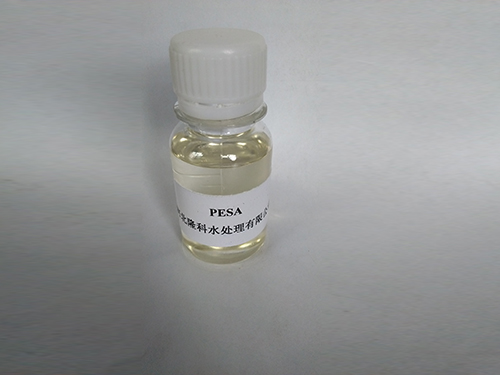Applications and Benefits of Industrial Flocculants in Water Treatment and Waste Management
Industrial Flocculants An Essential Component in Water Treatment
In various industrial processes, particularly in sectors such as mining, wastewater treatment, and food production, the use of flocculants has become crucial. Flocculants are chemical substances that promote the clumping of particles, leading to sedimentation and the effective separation of solids from liquids. This process is integral for improving the efficiency of water treatment and ensuring compliance with environmental regulations.
Understanding Flocculation
Flocculation is a process wherein fine solid particles agglomerate into a floc, which is a cluster or clump that can be easily removed from the liquid phase. When water is contaminated with suspended solids, these particles can be extremely small and difficult to separate. Flocculants, which may be natural or synthetic polymers, are introduced into the fluid to enhance the agglomeration process. The chosen flocculant’s properties, such as charge, molecular weight, and structure, influence its effectiveness in binding particles together.
Types of Flocculants
Flocculants can be categorized into several types, including
1. Synthetic Flocculants These are man-made chemicals, often derived from polyacrylamide. They are designed to have specific properties that enhance their performance in various conditions. Synthetic flocculants are widely used in industrial applications due to their effectiveness and versatility.
2. Natural Flocculants These are derived from organic materials, such as plant extracts (for example, from certain seaweeds or seeds). Natural flocculants are gaining popularity due to their environmental friendliness and biodegradability.
3. Inorganic Flocculants Aluminum sulfate, ferric chloride, and lime are examples of inorganic flocculants. These substances are often used in water treatment facilities for their coagulant properties, effectively reducing turbidity and improving water quality.
Applications of Flocculants
industrial flocculant

The application of flocculants is varied, with some of the key areas including
- Municipal Water Treatment In the treatment of drinking water, flocculants help remove impurities and pathogens, ensuring that the water is safe for human consumption. The flocculation process enhances sedimentation, making it easier to separate contaminants from the water.
- Wastewater Treatment Industries produce large volumes of wastewater that often contain high levels of organic and inorganic solids. Flocculants play a vital role in reducing the volume of sludge generated during wastewater treatment processes, enabling more efficient processing and compliance with environmental standards.
- Mining Operations In the mining industry, flocculants help separate valuable minerals from the ore and assist in the disposal of waste materials. By promoting the aggregation of fine particles in a slurry, flocculants improve the recovery rates of minerals, enhancing operational efficiency.
- Food and Beverage Industry Flocculants are utilized in various stages of food production, including juice and beer clarification. By using flocculants, manufacturers can eliminate unwanted solids, resulting in clearer and more visually appealing final products.
Environmental Impact and Safety
While flocculants are essential for effective industrial processes, it is important to consider their environmental impact. Synthetic flocculants, particularly those based on polyacrylamides, can pose risks if not managed properly. Instances of residual chemicals leaching into the environment can have detrimental effects on ecosystems. As a result, the industry is increasingly looking toward eco-friendly alternatives, such as natural flocculants, which reduce the potential for harmful environmental consequences.
Furthermore, safety in handling flocculants is paramount. Industries should provide adequate training for workers and use appropriate personal protective equipment to mitigate any health risks associated with exposure to these chemicals.
Conclusion
In conclusion, industrial flocculants are indispensable tools in enhancing the efficiency of various processes, particularly in water treatment. With a variety of applications across many sectors, their role in promoting the effective separation of solids from liquids cannot be overstated. As industrial practices evolve and environmental considerations become more pronounced, the development and use of safe, effective flocculants will remain a top priority for industries worldwide. By balancing efficiency with environmental responsibility, industries can contribute to sustainable practices while meeting their operational needs.
-
Water Treatment with Flocculant Water TreatmentNewsJun.12,2025
-
Polymaleic AnhydrideNewsJun.12,2025
-
Polyaspartic AcidNewsJun.12,2025
-
Enhance Industrial Processes with IsothiazolinonesNewsJun.12,2025
-
Enhance Industrial Processes with PBTCA SolutionsNewsJun.12,2025
-
Dodecyldimethylbenzylammonium Chloride SolutionsNewsJun.12,2025





